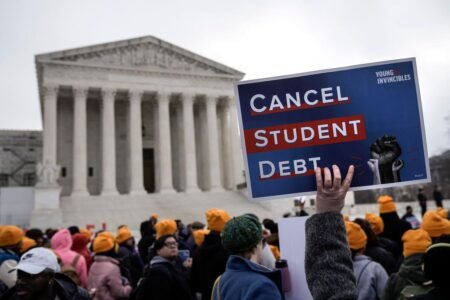Life after prison is challenging for many individuals as they attempt to reenter society and find employment. Although some progress has been made with initiatives like “ban the box” policies and companies like JP Morgan hiring individuals with criminal records, many obstacles remain. The National Inventory of Collateral Consequences of Conviction lists over 13,000 barriers for individuals with criminal records, including restrictions on occupational licensing which can limit career options.
While it is understandable that certain offenses may disqualify individuals from certain professions, some occupational licensing restrictions can prevent individuals from earning a license even if their offense is unrelated to their ability to perform a service. These barriers, along with lower levels of education and reduced skills, have been linked to a decrease in overall employment rates for individuals with felony convictions.
In 2019, Maryland passed a law intended to reduce barriers to employment for ex-offenders by prohibiting the denial of an occupational license based on a previous non-violent conviction. However, many state licensing laws still include blanket disqualifications for individuals with criminal records, particularly for felony convictions. Some licensing boards do not use due diligence to examine the nature of the offense and impose automatic lifetime bans against certain individuals.
Individuals who were formerly incarcerated face heightened financial costs associated with occupational licensing requirements, as they often lack the income to support themselves upon release. Additionally, agencies failing to conform to laws intended to provide second chances for ex-offenders can lead to individuals facing difficulties in challenging these decisions in court. Despite legislative efforts to reduce unfair occupational licensing barriers, many individuals with criminal records may still feel deterred from applying for licenses.
Criminal justice reform movements have been calling on state legislatures to address the unfair exclusions from employment that individuals with criminal records face. In 2019, several states adopted “fair chance licensing” reforms to reduce occupational licensing barriers for individuals with arrest and conviction records. Maryland, in particular, has taken steps to report data on license denials for ex-offenders, revealing a wide discrepancy between the number of individuals with criminal records and those who apply for licenses.
It may be necessary for legislators and governors, especially in states like Maryland, to reassess the autonomous power of licensing agencies and ensure that they adhere to the law when making decisions about the licensure of individuals with criminal records. By holding these officials accountable, there may be a greater opportunity for individuals with criminal records to successfully reenter society and find meaningful employment.












